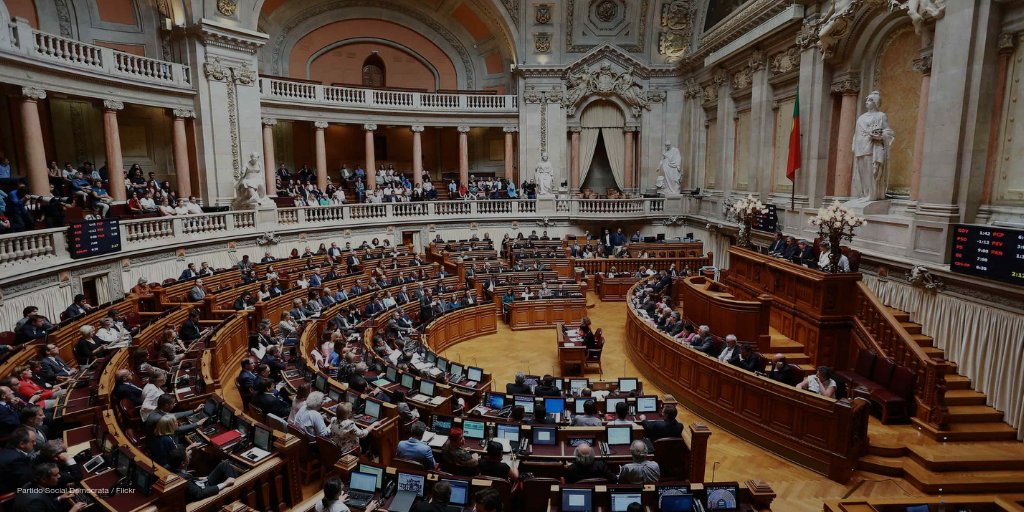Portugal offers residency for investment of USD 575K in environmental projects

- Country:
- Portugal
Portugal's parliament on Friday extended a residency programme for wealthy foreigners to include investors who spend at least 500,000 euros on environmental projects. A majority of lawmakers approved the extension and rejected a motion by two far-left parties to end the scheme altogether. Such "golden visa" programmes have faced criticism in Brussels for exposing the EU countries that operate them to corruption risks.
The ruling Socialists have given no indication that they intend to end the programme, which has generated a steady inflow of funds, mainly into real estate, by non-EU investors notably from the Americas, China, Russia and Turkey. Proposing scrapping it, Left Bloc lawmaker Jose Manuel Pureza called it "just a tool for real estate speculation, corruption and money laundering." Lawmakers instead approved the addition of "green visas."
"Taking into consideration the importance of reinforcing a multicultural and open society ...it's important to create an additional scheme to attract foreign investment of an ecological nature," said Andre Silva, a lawmaker from the PAN animal-rights and environmental party. Under the extension, foreigners will qualify for Portuguese residency if they invest at least 500,000 euros ($575,000) in organic agriculture, ecotourism, renewable energy and other environmental projects that contribute to cut carbon emissions.
The existing scheme - which allows visa-free travel through Europe's Schengen area - offers residency for investments including property, setting up tech companies and creating jobs. Other EU countries including Spain, Malta, Greece and Cyprus run similar programmes. The European Commission is scheduled to publish a report offering guidance to member states on managing such programmes, including background checks for applicants, on Jan. 23.
(With inputs from agencies.)
ALSO READ
Voters in many countries sceptical of democracy, poll shows
China says EU subsidy probes interfere with China, Europe cooperation
India's Explosive Growth over the Past Decade, According to Silicon Valley Entrepreneur
China accuses EU of protectionism in investigation of subsidies for green industries
MORNING BID EUROPE-Summer cuts drifting away?










